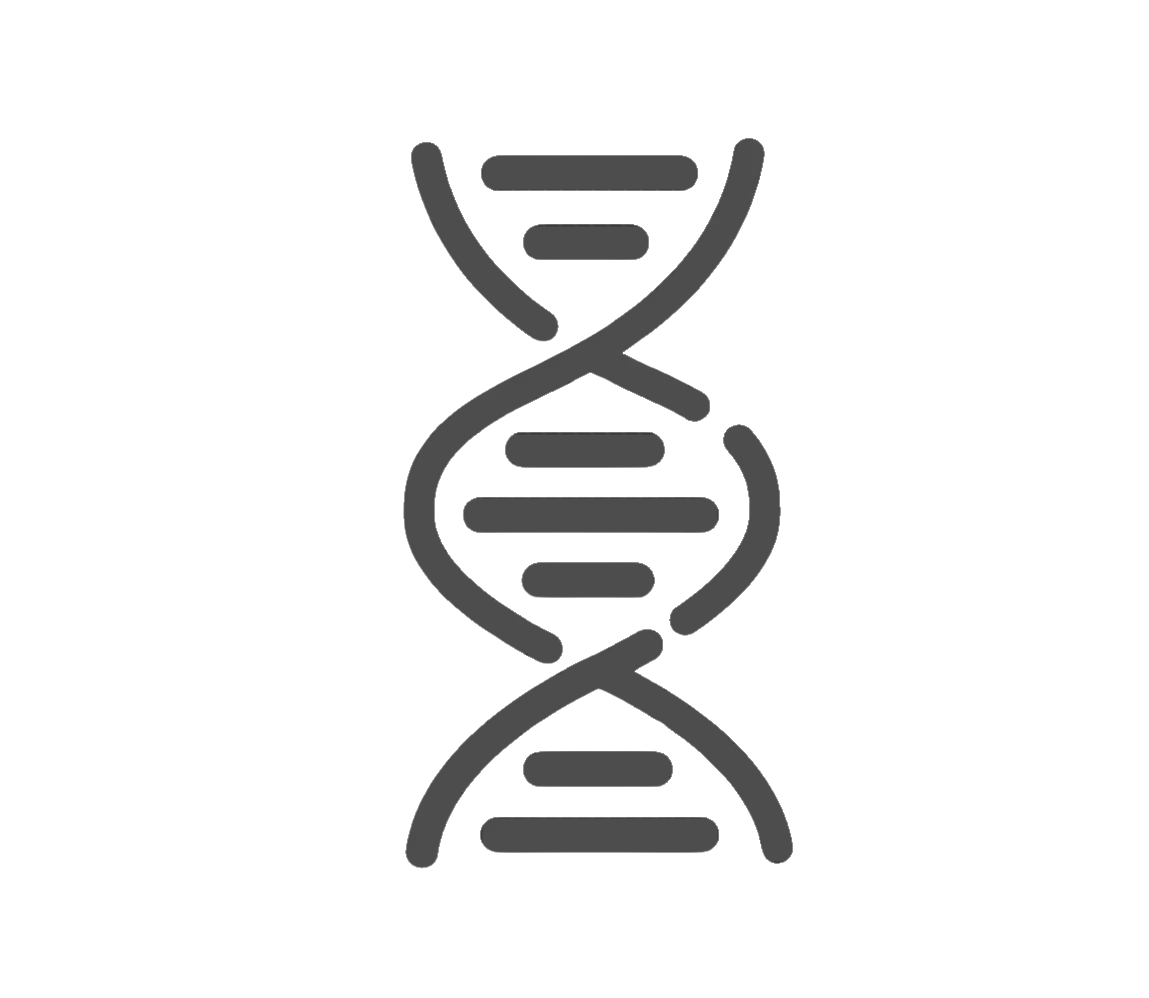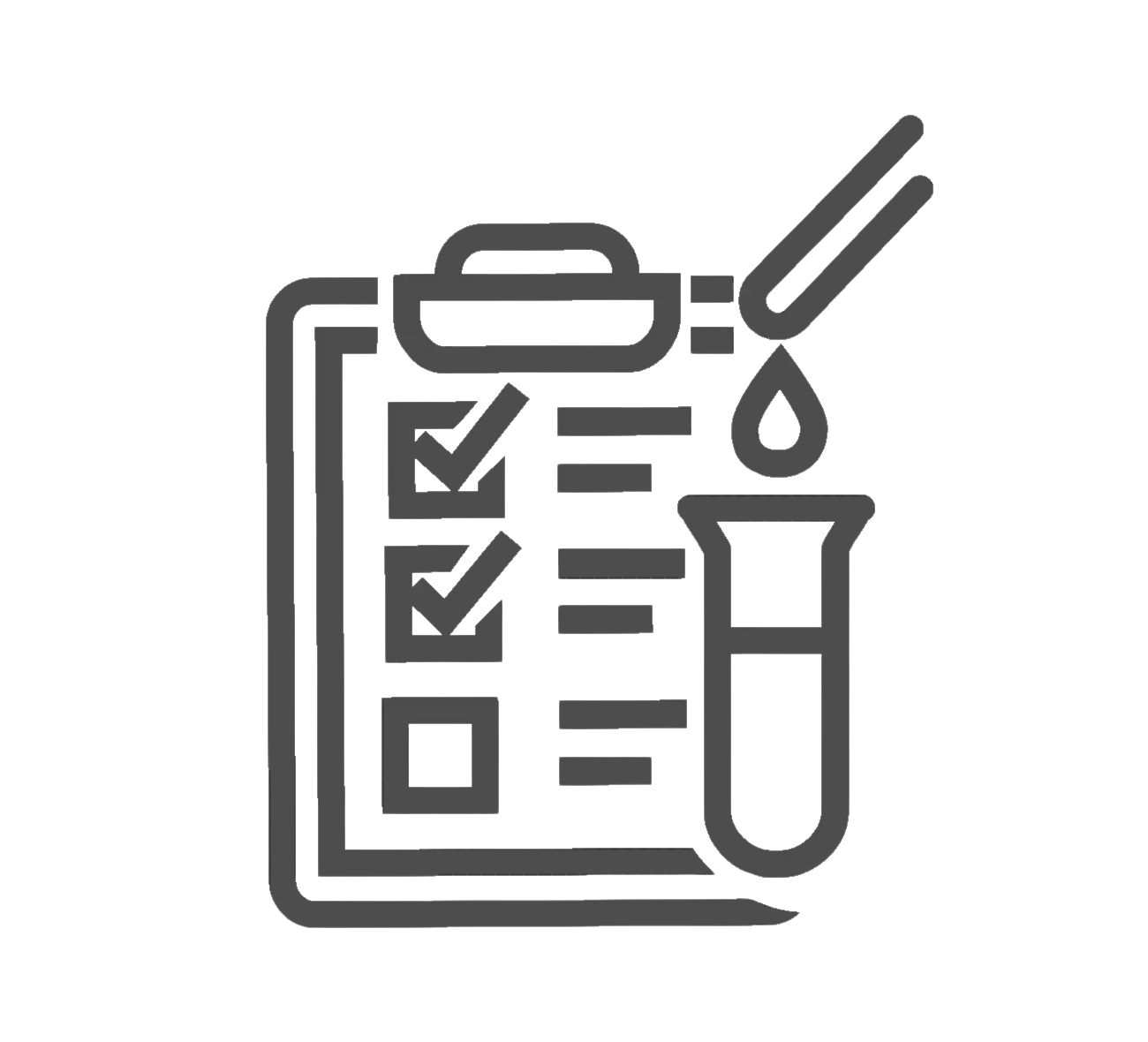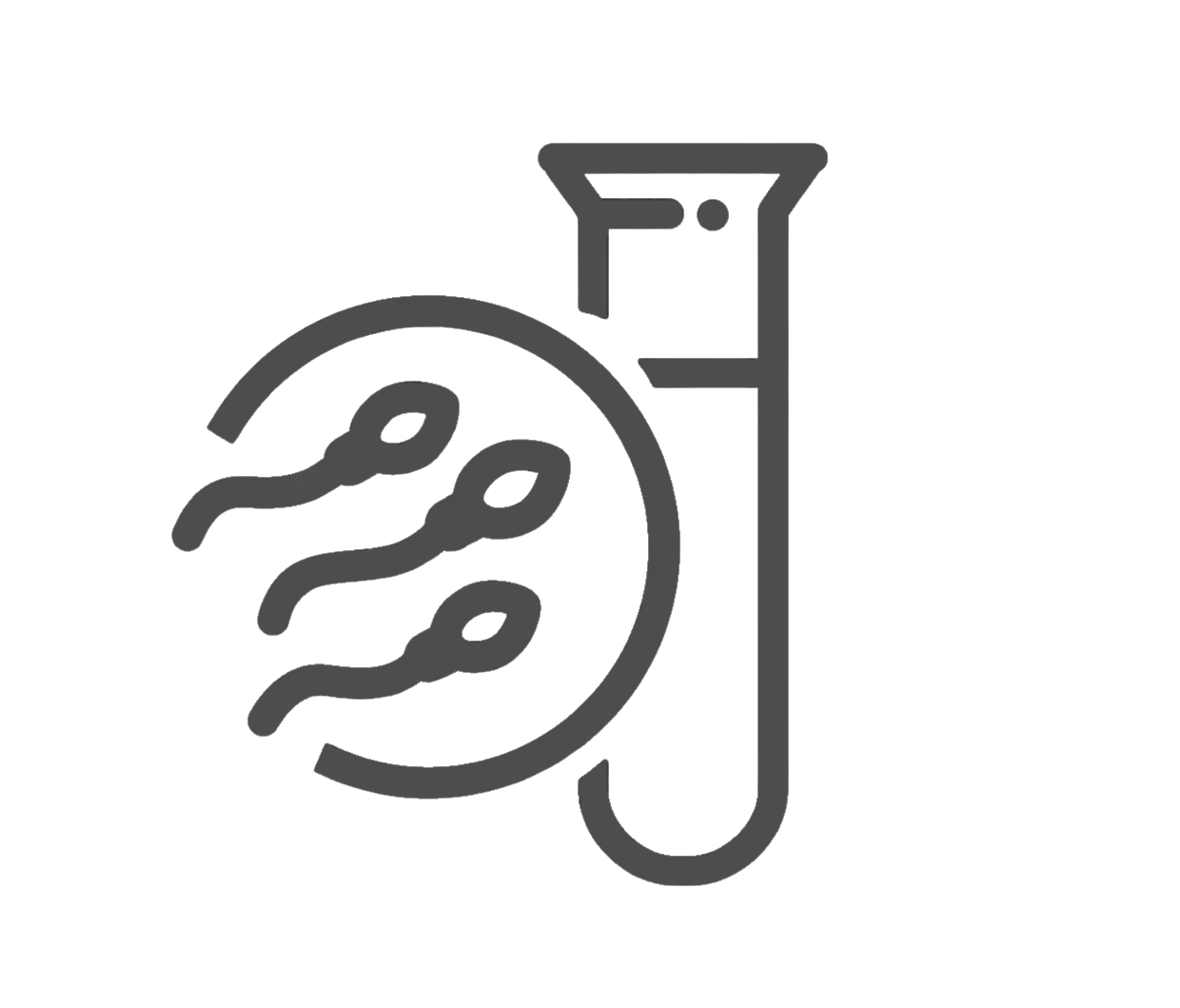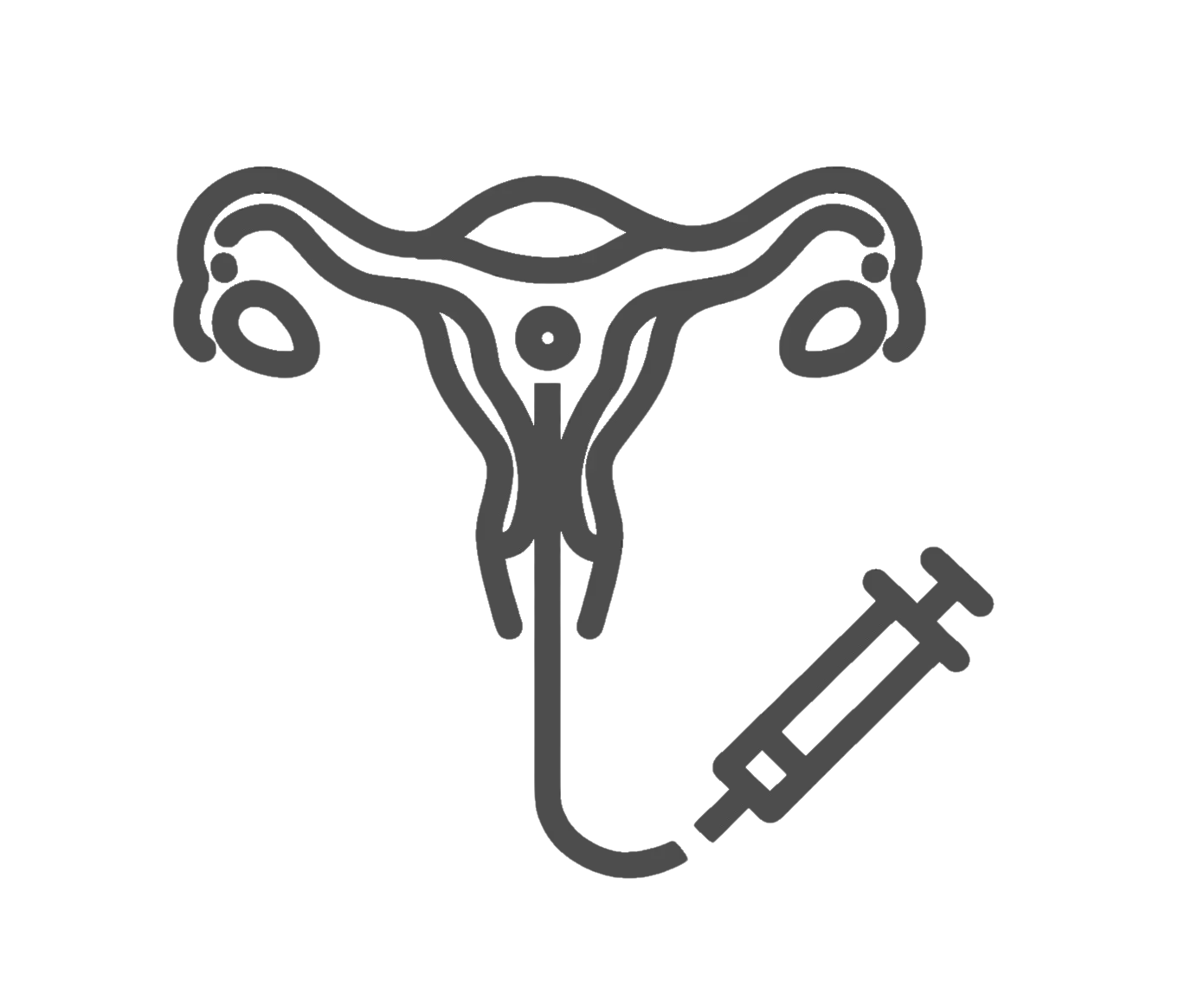Becoming a Sperm
or Egg Donor
Egg & Sperm Donation
Discover how to become an egg or sperm donor at our IVF donation clinic. Learn about the egg donation process, legal requirements and your next steps today.
Donating your sperm or eggs (male or female gametes) to another person can be a significant decision. The recipient of your donation may not be a known person to you, yet your act of generosity has the potential to change the life of someone trying to grow a family. As society has changed over time, we find an increasing number of people benefitting from sperm or egg donations. These include members of the LGBTIQA+ community, single parents by choice, and couples choosing to have children later in life.
To donate gametes, we first need you to complete an online questionnaire to check you meet the eligibility criteria to become a donor. If you pass the screening requirements, a Genea donor coordinator will be in touch to guide you through your next steps and provide you with all the information you need to know moving forward. There will be a series of tests to assess the health of yourself and your gametes, including analysing your genetic material for the risk of any hereditary abnormalities. A donor counselling appointment will be arranged to allow you explore the personal, social, and legal implications of becoming a donor.
For male donors, if all your assessments go well, we’ll organise a series of appointments to collect your sperm donations; this typically looks like six appointments over a period of two months. After the last donation, your sperm will be stored for three months before we ask you to return for one last test to screen for infectious diseases. If this test is given the all-clear, your sperm will then be released for use. For female donors, you’ll meet with Dr Ying Li, our fertility specialist, at our egg donation clinic, Genea Fertility, who will assist with safely collecting the eggs. The egg donation process includes undergoing the first two steps of an IVF cycle, using medications to increase the number of eggs available for harvesting. Usually, he aims to coordinate the egg collection with a recipient’s cycle to enable a fresh transfer within the optimal timeframe for the recipient. Any eggs not transferred at the time will be frozen for future use.
Common Questions About Egg & Sperm Donation
Can I donate anonymously?
Currently, Australian Commonwealth and state legislation and regulations require the identity of all donors to be accessible to any children conceived through their donation once the child turns 18 years of age. In most states, the donor is also required to have their personal details included on the local state donor register.
Does donating my sperm/eggs affect my future ability to have my own children?
There is no evidence to suggest that donating your gametes (sperm or eggs) reduces your ability to conceive your own children in the future. Although a woman is born with a finite number of eggs, only one egg is released per month during a normal cycle while the remaining eggs are reabsorbed into the body. Collecting these eggs for donation gives these unused eggs the potential to become a baby in the future.
Is there any financial compensation for my donation?
In Australia, legislation requires that all gamete donations are made voluntarily and not with financial incentive. You may, however, be reimbursed for any reasonable expenses incurred as part of the donation process.
What are the eligibility requirements for becoming a sperm or egg donor?
The optimal age for a sperm donor is 18 to 45 years old, while the preferred age for women interested in becoming an egg donor is between 21 and 36 years old. This is due to differences in the effect of age on sperm compared to eggs. We also look for donors who are fit and healthy with no illness, disease, or medical conditions that have the potential to be passed on to offspring. Similarly, donors with a family history of genetic conditions may be deemed unsuitable. Potential donors who are in a married or de facto relationship must have their partner’s consent for the donation.
Becoming an Egg Donor with Dr Ying Li
Dr Ying Li is a CREI (Certificate of Reproductive Endocrinology and Infertility) accredited fertility specialist who has guided hundreds of patients through both IVF and egg donation, connecting strangers in the process of one gifting another individual the chance to start a family. Once you have passed the assessments to begin the egg donation process, Ying forms part of your care team in collecting the eggs and either transferring them to your recipient or safely freezing them for use at a later time.
Consulting Rooms
Level 3, 321 Kent St
Sydney NSW 2000
137 St Johns Rd,
Glebe, NSW 2037
50-52 Gloucester Rd,
Hurstville NSW 2220
Phone and Fax
T: 1300 323 297
F: 02 8212 8944
More services

PGT
Pre-implantation Genetic Diagnosis / Screening

Ovulation Induction
Ovulation Stimulation

IVF
In vitro Fertilisation

IUI
Intrauterine Insemination
